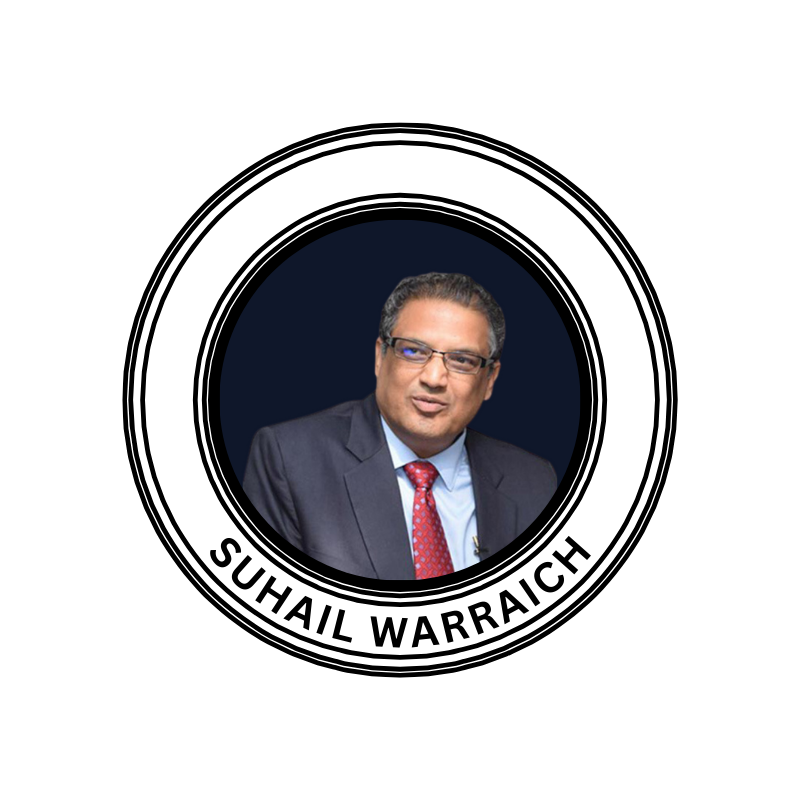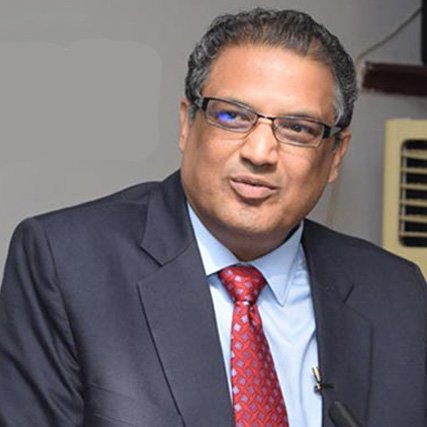As soon as I got the news that negotiations between the government and the opposition have finally begun in the brotherly Muslim country of Kondistan, I could not stay and immediately bought a ticket and came to witness these moments of happiness myself. You must not have forgotten me. I had come four years ago too. At that time, the king here was a “Khan” and his parrot spoke. I am actually from the eighth lineage of Shamsuddin Tanji, also known as Ibn Battuta. That is why I am called Ibn Battuta the Second. Many times, I am also given the name of Ibn Battuta II. Ibn Battuta (1304 to 1369) came to India and the areas of today’s Kondistan. The mention of the conditions and events here is still preserved in his travelogue, Ajaib al-Asfar. When Ibn Battuta came to India at that time, Muhammad Shah Tughlaq was the ruler of the empire. Muhammad Shah Tughlaq built many cities, killed many scholars, and took steps to make things cheaper. He was a harsh and cruel ruler, but he was aware of every corner of the empire. When I came to Ibn Battuta II 4 years ago, the “Khan” had blocked the media. The authorities of that time also supported him. Khan had the status of a god. Now that I have come, everything has changed here. Khan has been replaced by Shahbaz. Today’s authorities are against Khan. In short, the world here has turned upside down in four years. Four years ago, I sent letters to my wife from here in Morocco. Those letters, which mentioned the conditions of Kondistan, were very famous in Morocco. Today, I am again writing and sending the conditions here to my wife so that they are preserved in the pages of history. I am sending them to my wife according to the topics that I have made.
Conflict negotiations
Nowadays, the negotiation table is set in the land of contradictions. It is being said that the hatred and enmity that have been incited for years should be ended, but the real situation is that the hearts have not yet been reconciled. The weapons of accusations and abuses against each other are ready. The abusive brigade of the just social media does not want these negotiations to succeed. They only want the fight and conflict to continue so that they do not get dollars. Even if Khan remains in jail, his business will continue. Apparently, no one can conduct negotiations better than Speaker Ayaz Sadiq. He is a very polite and democratic man of humor. He was Khan’s classmate and his political companion, but then he went to Noon and is now the apple of the eye of Noonies. All the people sitting at the negotiation table are big businessmen, but it seems that they will not be able to achieve any great success because they have neither authority nor mandate. My great heir, Ibn Battuta, has written in Ajaib al-Asfar that Muhammad Shah Tughlaq was very generous and kept his nobles happy by providing justice and mercy, but he had no mercy on those he was angry with. When he was happy with Sheikh Hud Multani, he made him sit on the throne of Sheikh Rukn-e-Alam in Multan, when he was angry, he had him killed. He gave Sheikh Shahabuddin a jagir in Delhi and respected him very much, but when he was angry, he fed him dung and then had him killed. I have observed that the state here is still kind to someone, if he is kind to someone, he puts him on the throne, if he is angry, then he does not get forgiveness. Negotiations are definitely taking place, but there is still no possibility of forgiveness and compensation.
Social conditions in Kondashistan
I was very impressed by the hospitality of the people of Ibn Battuta II, the land of contradictions, but the people here are a collection of opposites, everyone is suffering from the disease of contradictions, saying one thing and doing another. Everyone wants to be rich but hates the rich. Everyone is a worshiper of power but opposes those in power. Everyone wants a visa to America and Europe, but if they have to talk, they oppose them. The people here criticize politics day and night, but spend most of their days and nights in political discussions. They are fond of singing and dancing, but they make anyone who does it a target of criticism. Everyone claims that everyone except me is responsible for the destruction of the country, but when he gets any status, he does the most damage to the country. Everyone laments the injustice in Gaza, Palestine and Kashmir, but is not ready to do anything in practice. They are at the forefront in giving Zakat but are not ready to pay the obligatory taxes to run the country. Everyone considers it permissible to manipulate taxes. They take advantage of every facility of the state, they take advantage of the state’s roads, electricity and parks, but everyone says what does the state do for us? The people of Kondistan are very ungrateful. Everyone’s conditions have improved a lot in the last ten to fifteen years. They eat to their hearts’ content, wear the best clothes, live in spacious and luxurious houses, but everyone says that the country is sinking and the economy is in decline. If this is not ungratefulness, then what else is it?
The situation of scholars and teachers
During the reign of Muhammad Shah Tughlaq (real name Jonah Khan), scholars and scholars were highly respected. Ibn Battuta has specifically mentioned the kindness of the state towards scholars, while I, Ibn Battuta II, still see that scholars dominate the state. The state is not afraid of politicians, only of businessmen and religious people. Both these classes are well aware of their power, so they blackmail the state to accept their demands. But just as the decline of the Ottoman Empire occurred due to the rejection of science and technology, restrictions on the internet in Kondistan also have the support of great scholars, which will keep the state backward.
News about politicians and journalists
The politicians of the country are currently in complete helplessness, while politicians and journalists are also suffering from an intellectual division. The limit is that the ideals and heroes of both are also different. People have become supporters of conflicting ideas regarding the freedom of politics and the press. Politicians are at odds with each other, and journalists are also in the same situation. I would have liked them to unite on the ideal of freedom, but they are their own enemies. For now, there is no possibility of politics getting freedom, nor is there any hope of journalists getting rid of the pressure of the abuse brigade and the power brigade.
Final result
Even 700 years ago, when my great-grandfather Ibn Battuta came here, the people of this region were still incapable of resolving their differences. Today, I, Ibn Battuta II, have come to the same conclusion that there is an inherent flaw here that makes them unable to end these conflicts.
Note: This is the translation of his Urdu column published in Jang
 Colors
Colors  View Books
View Books 



